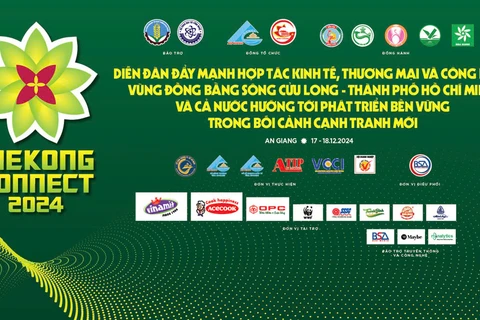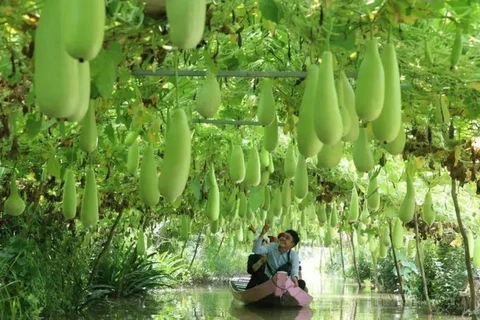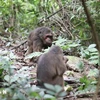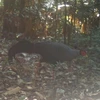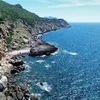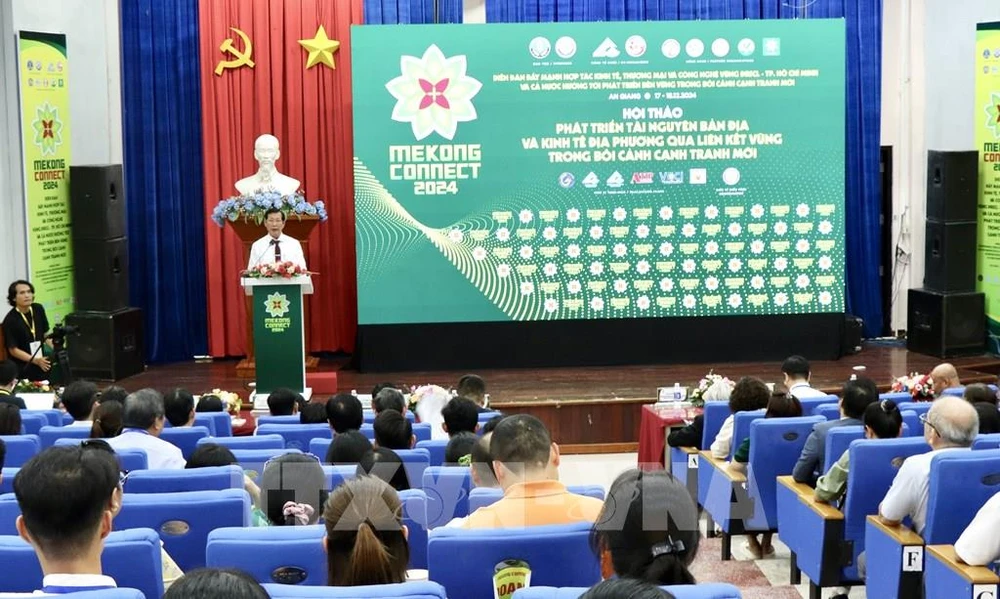
An Giang (VNA) – Nature-based projects implemented by the World Wildlife Fund (WWF) Vietnam in the Mekong Delta region have helped support local residents to adapt to climate change, heard at a workshop which is part of The Mekong Connect Forum 2024 held in Mekong Delta province of An Giang on December 17.
Speaking at the workshop on developing indigenous resources and local economies through regional linkages, Luu Thi Lan, manager of the project ‘Showcasing Nature Based Solutions to Restore Wetlands of the Mekong Delta (Mekong NbS), said that it is among the five most vulnerable deltas to climate change in the world. The region suffers from silt loss due to upstream hydropower dams, scarcity of fresh water, saltwater intrusion, and unsustainable production.
Under the project Mekong NbS, provinces received support to restore natural water flow, deposit silt in buffer zones in the Tra Su cajeput forest in An Giang province. The project also helps develop climate-friendly farming for large-scale investment in the upstream areas of the Dong Thap Muoi (Plain of Reeds) in Long An and Dong Thap provinces and the Long Xuyen Quadrangle in An Giang and Kien Giang provinces.
The project has piloted seven flood-based livelihood models covering an area of 160 hectares in several provinces in the Mekong Delta. Natural fish storage is one of the livelihoods, along with supplementary fish farming, lotus cultivation, eco-tourism, deep-water rice cultivation, and seasonal wild vegetables.
These models have yielded positive socioeconomic results, with high profit margins, a 20-30% reduction in fertiliser use, creating jobs for rural labour during the flood season. They have also helped to restore traditional cultural values of the seasonal flooding region.
The models have increased silt deposit capacity by 20-30 times compared to three-crop rice farming, reduced subsidence in the delta, enhanced soil nutrition and improved soil quality, and increased water retention capacity and connectivity with surrounding canals. The results have improved fisheries resources and biodiversity with over 35 species of native migratory fish present./.
